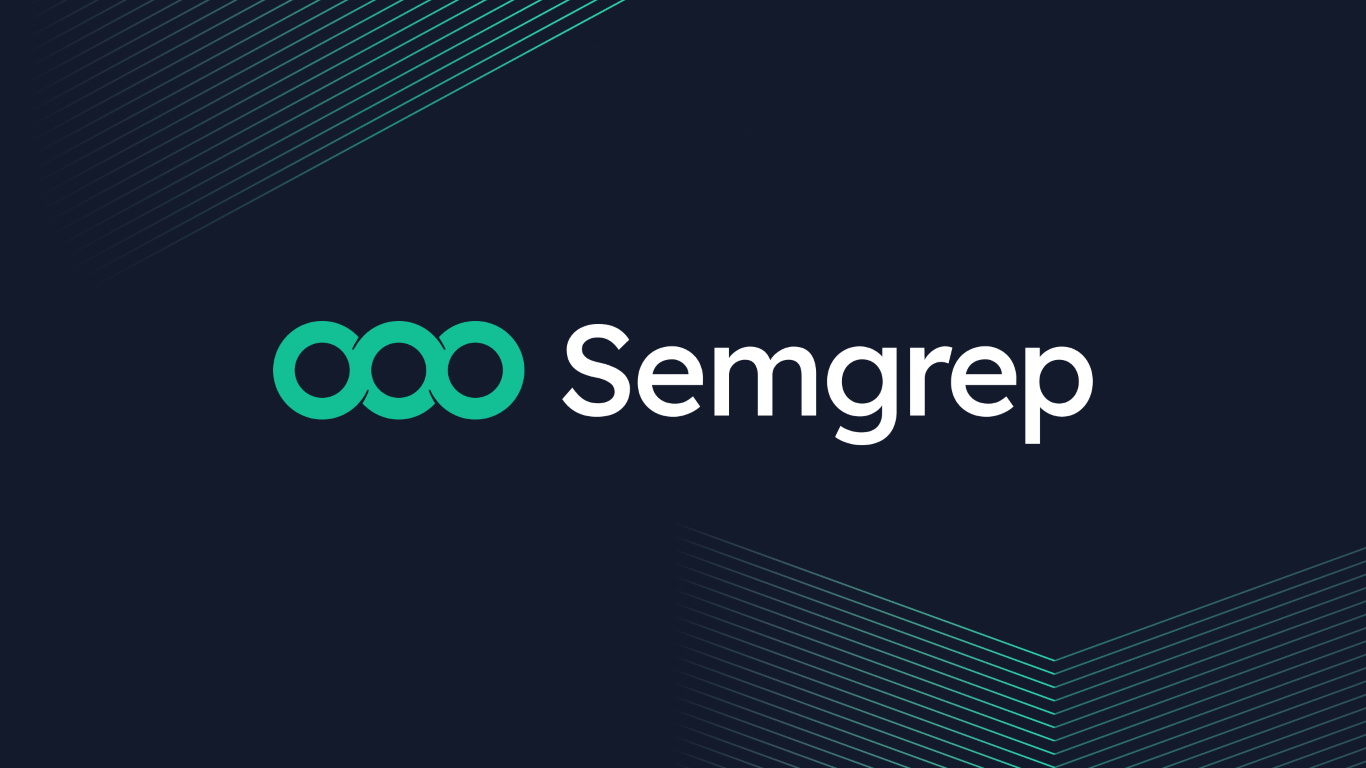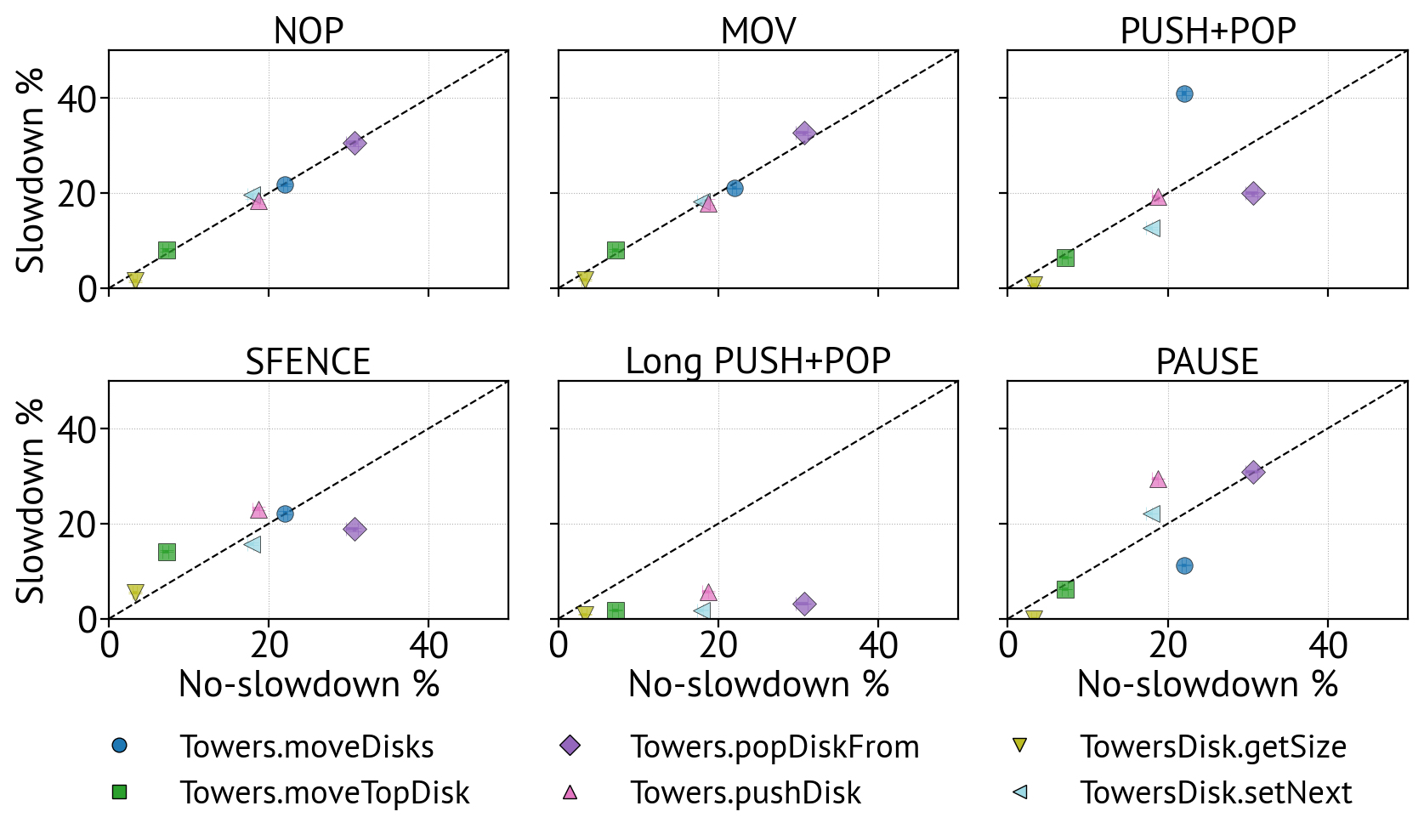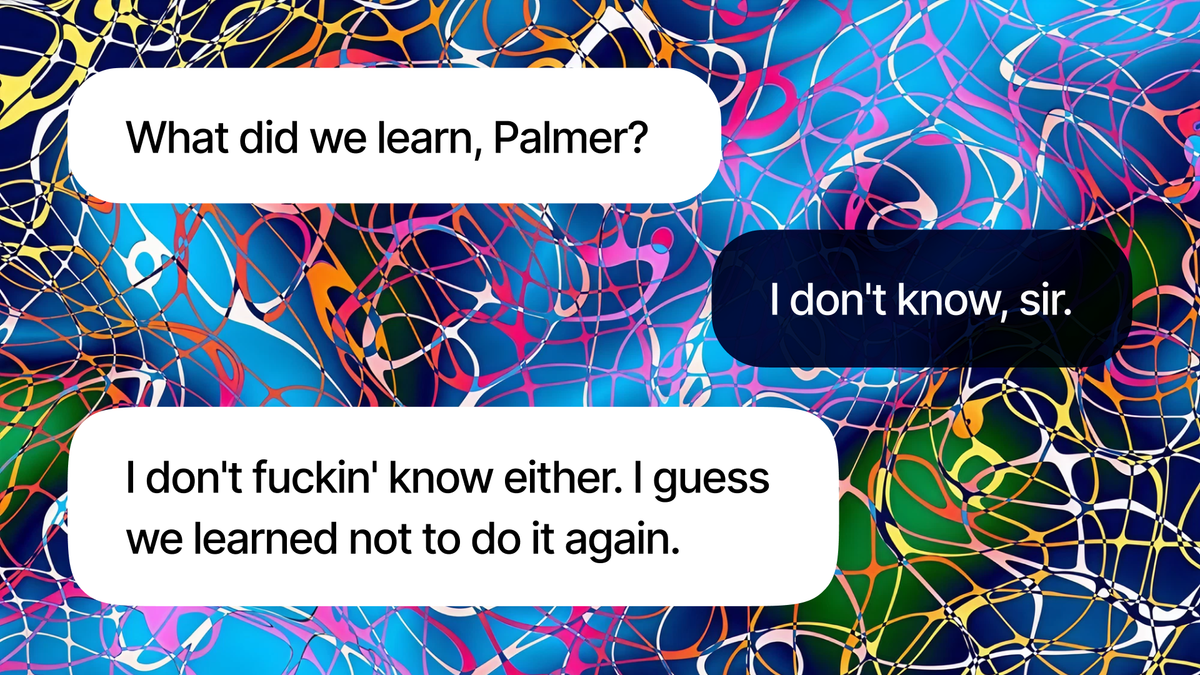Shocking! Most Open Source Projects Are Maintained by a Single Person

A recent article reveals a shocking truth about the open-source world: over 7 million open-source projects are maintained by just one person! This includes many popular NPM packages with over a million downloads. The author argues that focusing on the maintainer's nationality is pointless; the real issue is that these developers severely lack resources and support, posing a potential supply chain risk. Instead of demonizing individual developers, we should focus on how to better support them.













